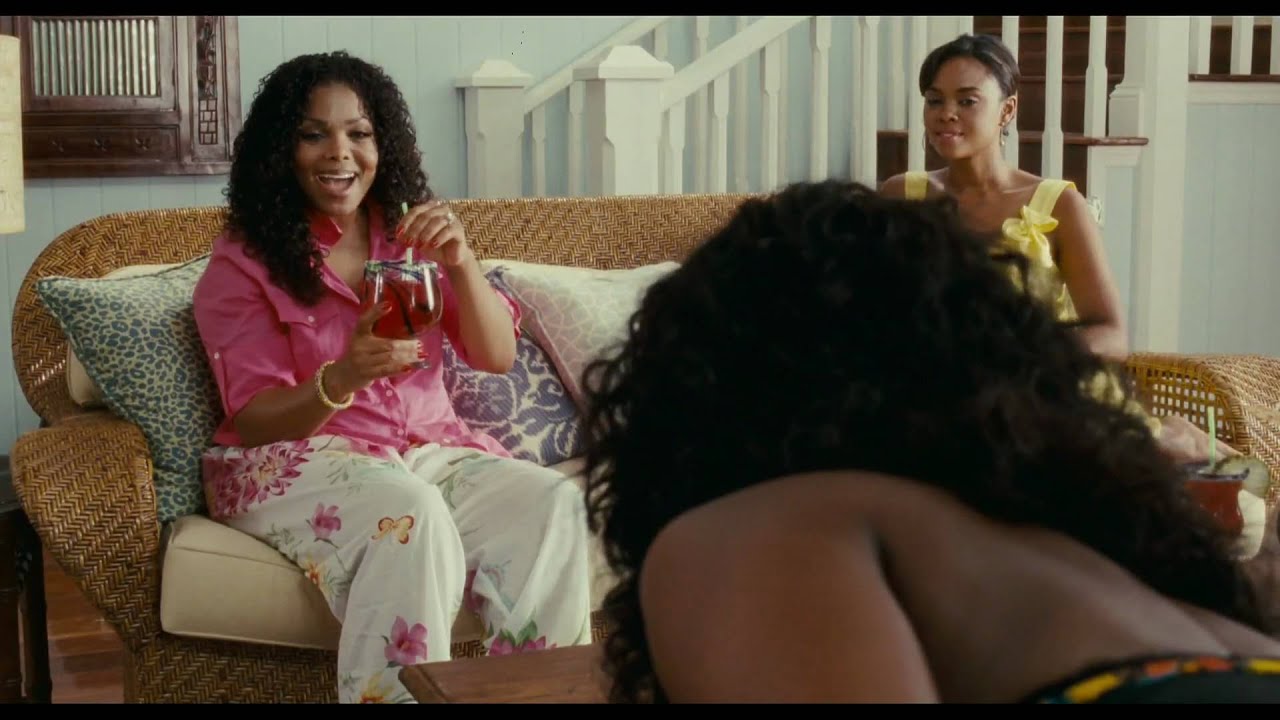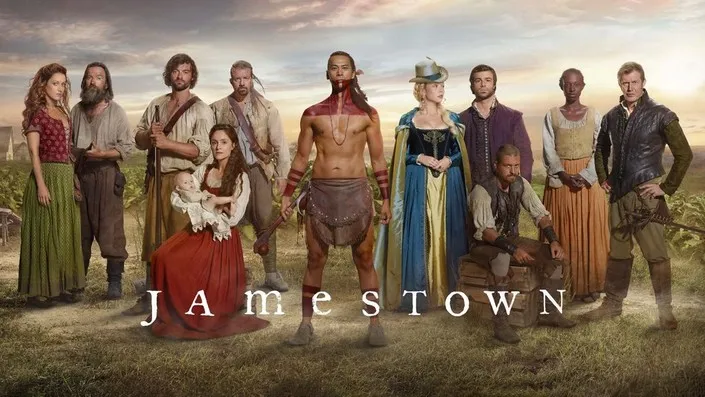Every couple has their secrets. But some truths don’t stay buried forever.
Why Did I Get Married Too (2010), the emotional sequel to Tyler Perry’s 2007 hit, brings back the beloved ensemble of couples with more tension, truth, and tears than ever before. Set against the sun-soaked backdrop of the Bahamas, this follow-up dives deeper into the complexities of love and marriage—proving that even paradise can't protect you from the pain you’ve packed.
Reuniting for their annual couples retreat, four pairs find themselves confronting unresolved resentment, secrets, and heartbreaks that threaten to unravel their relationships. While laughter and cocktails are served on the surface, beneath the smiles lie betrayals, doubts, and emotional exhaustion. What begins as a tradition meant to rekindle love quickly devolves into a crucible that tests every vow ever made.
Angela (Tasha Smith) and Marcus (Michael Jai White) are still locked in their trademark fire-and-gasoline dynamic, now complicated by trust issues and career shifts. Terry (Tyler Perry) and Dianne (Sharon Leal) try to keep their marriage afloat while burying emotional disconnection under professional success. Sheila (Jill Scott), now happily remarried, is forced to confront the sudden return of her abusive ex-husband, which throws her new life into emotional chaos. Patricia (Janet Jackson), the ever-poised psychologist, finally unravels in a powerful arc that explores how even those who help others can be drowning inside.

The film skillfully balances humor and heartbreak. Tyler Perry’s script once again mixes his signature comedic relief with raw, emotional revelations. While some dialogue edges into melodrama, the pain feels real—especially when characters are forced to confront the emotional gaps between who they are and who they pretend to be. The standout moment is Janet Jackson’s emotionally volcanic breakdown, which strips away Patricia’s emotional armor and leaves the audience breathless.
What Why Did I Get Married Too lacks in subtlety, it compensates for with sincerity. It’s not about perfect marriages—it’s about real ones: messy, bruised, tested by time and trauma. The film dares to suggest that love alone isn’t always enough, but neither is walking away. Sometimes the hardest part of marriage is figuring out whether the love you promised still lives in the person you’ve become.

As the credits roll, there are no easy answers—only the quiet understanding that love is both beautiful and brutal. And marriage? It’s a battlefield, a mirror, and sometimes, a second chance.



